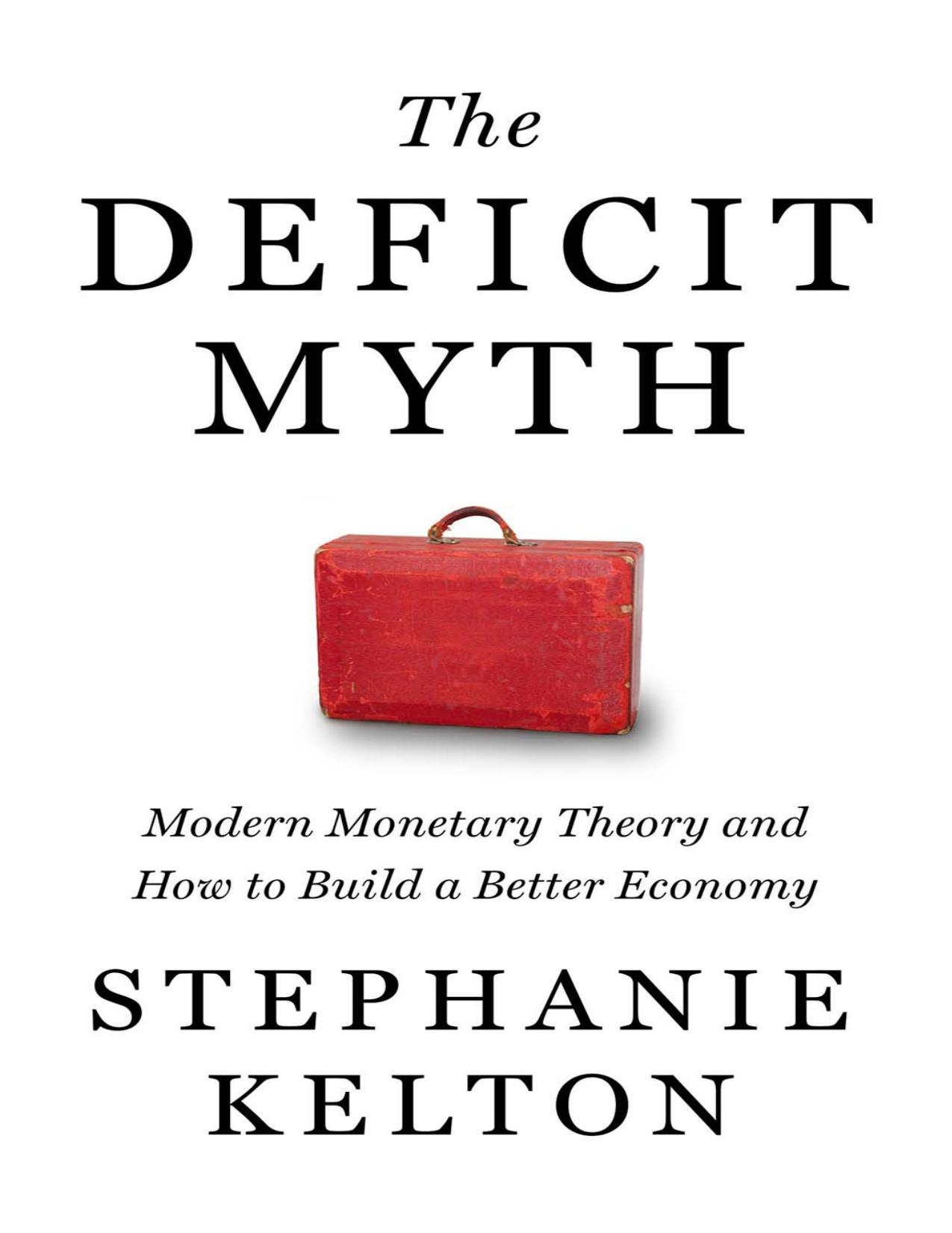The Deficit Myth: Modern Monetary Theory and How to Build a Better Economy by Stephanie Kelton

Author:Stephanie Kelton [Kelton, Stephanie]
Language: eng
Format: azw3, pdf
Publisher: John Murray Press
Published: 2020-06-08T16:00:00+00:00
The Great Social Security Mistake
We can learn a lot about the corrosive effects of the deficit myth by studying the history of Social Security.
Social Security is one of the federal governmentâs great success stories. It lifts millions of people out of poverty every year and provides some measure of economic security for millions more. It helps the elderly and the disabled. Itâs also the nationâs largest child assistance program.9 Because it delivers such important benefits to so many, itâs not surprising that Social Security consistently enjoys high levels of support from the American people.10
So why is this popular and successful program under constant political attack? To answer that, we need to go back to 1935, the year it was born.
Roosevelt had ambitious plans that went well beyond Social Security as we know it today. He saw his 1935 bill as the first part of a much broader system that would provide financial security for everyone in this country, protecting Americans âfrom the cradle to the grave.â11 When he signed the Social Security Act of 1935, Roosevelt called it âa cornerstone in a structure which is being built but is by no means complete.â12
The name itself, Social Security, gives us a clue to what Roosevelt had in mind. In his 1944 State of the Union address, FDR defined his broader vision in terms of economic rightsâincluding the right to what he called a âuseful and remunerative job,â as well as the right to an adequate income, a decent home, adequate medical care, and protection from economic hardship caused by old age, unemployment, accident, or other misfortunes.
âAll of these rights,â said Roosevelt, âspell security.â
Some of those expanded programs have come to pass since FDR first laid out his goals. The Social Security Act of 1935 encouraged states to establish unemployment insurance programs. In 1965, a broader vision for health care began to take shape with the passage of Medicare for the elderly and disabled and Medicaid for lower-income people. (Disabled people under sixty-five became eligible for Medicare in 1973, further broadening its mandate.)
Roosevelt knew that Social Security would face ongoing opposition from some quarters. He was right. To his opponents, FDR was a âsocialist,â and Social Security was just another big-government assault on freedom. But, in trying to protect it for future generations, Roosevelt made a fundamental mistake. That mistake endangered the program and reinforced the deficit myth, with consequences that go beyond Social Security.
To reinforce the idea that Social Security was self-supporting, the Social Security Act of 1935 tied the payment of benefits to a payroll tax that was meant to show how the program would be âpaid for.â Working people would contribute a portion of their wages and collect benefits later. Most people believed (and still believe) that the payroll tax generates the revenue that is used to pay benefits.
The first Social Security trust fund was created soon afterward. Money that was not âneededâ to pay benefits in any given year was invested in US Treasuries and placed in the trust fund for safekeeping.
Download
The Deficit Myth: Modern Monetary Theory and How to Build a Better Economy by Stephanie Kelton.pdf
This site does not store any files on its server. We only index and link to content provided by other sites. Please contact the content providers to delete copyright contents if any and email us, we'll remove relevant links or contents immediately.
International Integration of the Brazilian Economy by Elias C. Grivoyannis(110189)
The Radium Girls by Kate Moore(12018)
Turbulence by E. J. Noyes(8040)
Nudge - Improving Decisions about Health, Wealth, and Happiness by Thaler Sunstein(7693)
The Black Swan by Nassim Nicholas Taleb(7109)
Rich Dad Poor Dad by Robert T. Kiyosaki(6612)
Pioneering Portfolio Management by David F. Swensen(6289)
Man-made Catastrophes and Risk Information Concealment by Dmitry Chernov & Didier Sornette(6007)
Zero to One by Peter Thiel(5787)
Secrecy World by Jake Bernstein(4741)
Millionaire: The Philanderer, Gambler, and Duelist Who Invented Modern Finance by Janet Gleeson(4465)
The Age of Surveillance Capitalism by Shoshana Zuboff(4277)
Skin in the Game by Nassim Nicholas Taleb(4239)
The Money Culture by Michael Lewis(4198)
Bullshit Jobs by David Graeber(4179)
Skin in the Game: Hidden Asymmetries in Daily Life by Nassim Nicholas Taleb(3991)
The Dhandho Investor by Mohnish Pabrai(3759)
The Wisdom of Finance by Mihir Desai(3735)
Blockchain Basics by Daniel Drescher(3574)
